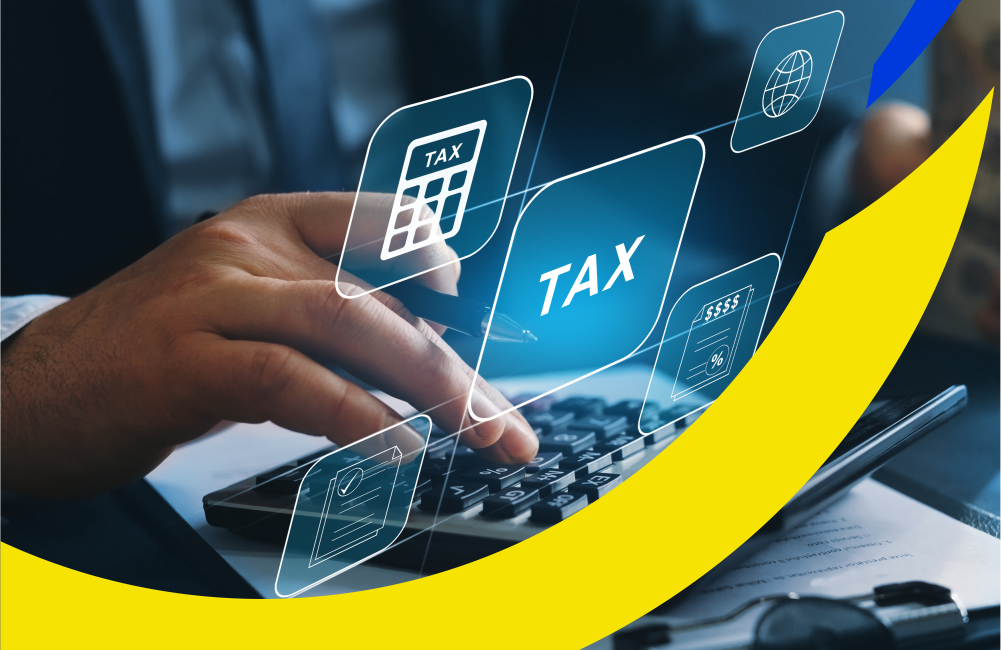In Nigeria, as in many other countries, technology is playing a significant role in transforming tax compliance processes. Several initiatives and technologies have been implemented to enhance efficiency, transparency, and accountability in the tax administration system. Here are some keyways technology is impacting tax compliance in Nigeria:
- Electronic Tax Filing and Payment:
The introduction of electronic filing and payment systems allows taxpayers to submit their returns and make payments online. The benefits of an electronic filling system over submitting a manual tax filing returns to the income tax authorities are that the returns are uploaded directly to the income tax authorities with minimal likelihoods of human mistakes. Taxpro MAX (FIRS), E-Tax (LIRS), OGIRS Portal among others are examples of Electronic Tax Filing and Payment systems in Nigeria.
- Integrated Tax Information Systems:
Integrated tax information systems provide a centralized platform for tax authorities to manage taxpayer information, filings, and compliance data. This has enabled a more holistic view of taxpayers’ financial activities, helping in effective monitoring and enforcement.
- Increased Compliance and Revenue Generation:
With effective management and full adoption, voluntary compliance by taxpayers have increased while the cost of tax administration has reduced significantly and has resulted in more revenue generation for government.
- Mobile Applications and SMS Services:
Mobile applications and SMS services have been introduced to facilitate communication between tax authorities and taxpayers. These platforms can provide tax information, reminders, and updates, making it easier for individuals and businesses to stay informed about their tax obligations. Also, Taxpayers can communicate with FIRS and other State Revenue Services via the “message centre” feature on the tax portals.
- Digital Tax Identification Numbers (TIN):
The use of digital Tax Identification Numbers helps in uniquely identifying taxpayers and enhances the accuracy of taxpayer records and contributes to the overall efficiency of tax administration. This feature is particularly useful in verifying the TIN of a company’s vendors for Withholding Tax (WHT) purposes, Value added Tax (VAT) among others.
- Online Taxpayer Portals:
Taxpayer portals provide individuals and businesses with secure online platforms to access their tax information, track filings, and monitor compliance status. This self-service approach empowers taxpayers and reduces the burden on tax offices. Taxpro MAX (FIRS), E-Tax (LIRS), OGIRS Portal among others are examples of Online taxpayer portals in Nigeria.
- Education and Awareness Campaigns through Digital Platforms:
Digital platforms, including social media and websites, are used to disseminate information about tax laws, policy changes, and compliance requirements. This helps educate taxpayers and creates awareness about their obligations. This is made possible via the following: Tax webinars, Tax circulars, etc.
Efficiency And Cost Savings:
The application of e-tax filing returns is cost effective when compared to a manual tax filing returns because it saves both cost and time for the income tax authorities and the citizens. With this development, taxpayers can easily file their tax returns from the comfort of their offices at anytime and anywhere within the required filing period, thereby reducing the complexity, time and cost of paying taxes.
While these technological advancements are making positive strides in transforming tax compliance in Nigeria, it’s crucial to address challenges such as infrastructure limitations, cybersecurity concerns, and ensuring that technology adoption is inclusive and accessible to all taxpayers. Continued investment in technology and capacity building will be essential for sustaining and enhancing the positive impacts on tax administration in Nigeria.


